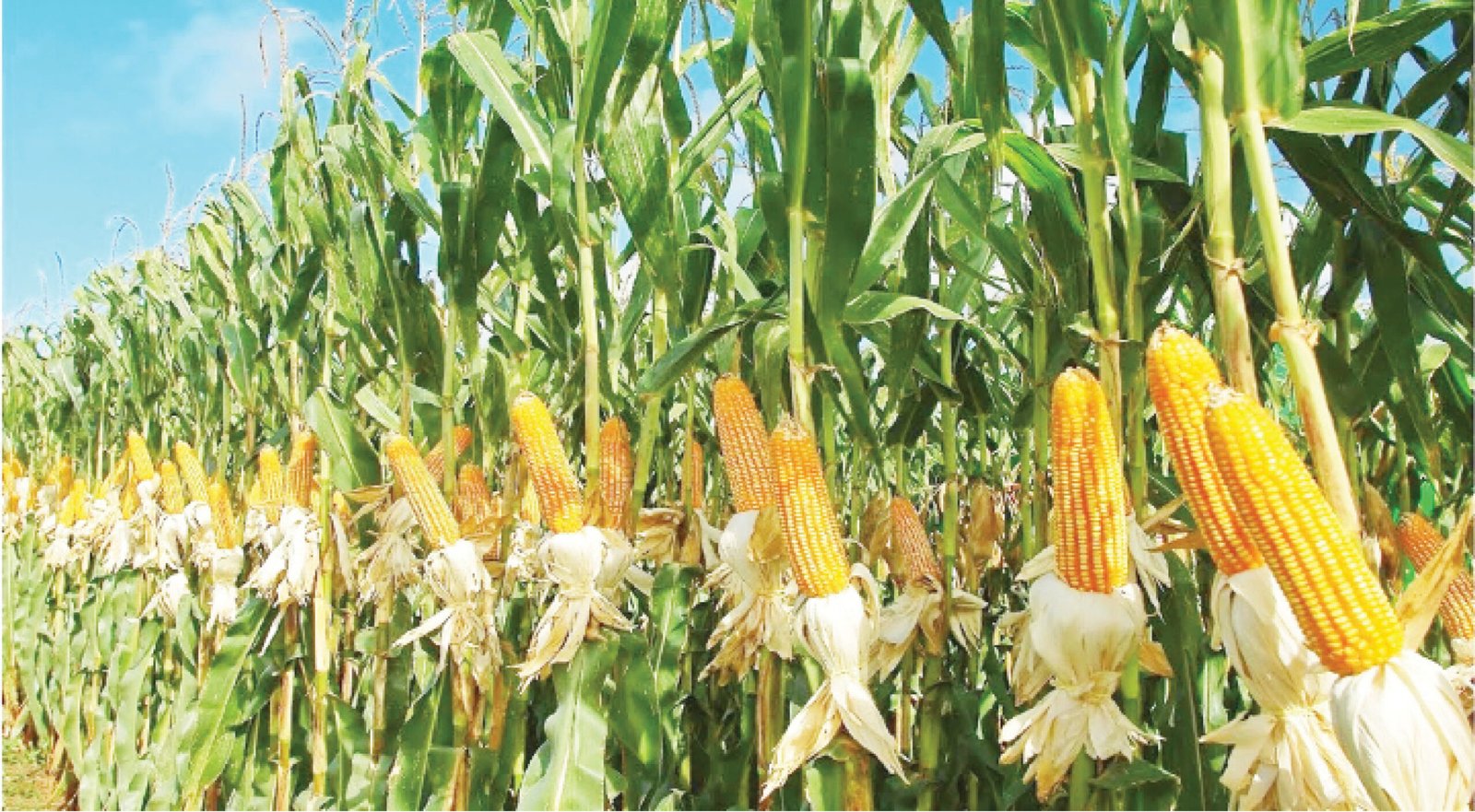Tuesday, 24 February 2026

In a first-of-its-kind development in Indian agriculture, 671 maize farmers from Telangana’s Mulugu district have been compensated by four private seed companies—including a major multinational—for crop losses caused by defective seeds. The payout, totaling Rs 3.80 crore, was disbursed directly to the affected farmers, marking an unprecedented step in corporate accountability and farmer redressal.
The affected farmers, who suffered total or near-total crop failure across 1,521 acres in Vajedu, Venkatapuram, and Kannayigudem mandals, received individual cheques ranging between Rs 60,000 and Rs 1.25 lakh per acre depending on the severity of damage and investment levels. This is the first instance where private seed firms have voluntarily offered large-scale compensation without legal compulsion—an outcome facilitated by meticulous field documentation and strong administrative intervention.
Telangana Agriculture Minister Tummala Nageswara Rao, who presided over the cheque distribution ceremony, emphasized the significance of this action. “Farmers must not fall victim to substandard seeds. This is not just compensation—it’s a message that the days of unchecked corporate negligence are over,” he said. He further announced that Rs 1,050 crore has been earmarked for broader farmer welfare schemes and revealed that Karriguttalu will be developed as a rural tourism site under integrated rural development initiatives.
The event was attended by key officials and leaders including Panchayat Raj and Rural Development Minister Danasari Seethakka, Agriculture and Farmers’ Welfare Commission Chairman M. Kodanda Reddy, Telangana State Seed Development Corporation Chairman S. Anvesh Reddy, Mulugu MLA Tellam Venkata Rao, District Collector Divakar T.S., and ITDA Project Officer Chitra Mishra.
The catalyst for this outcome was the proactive action of district authorities who, in coordination with the state agriculture department, conducted rigorous field surveys to verify farmer complaints. Crucially, the entire documentation process—including video footage and signed testimonies—was carried out in the presence of company representatives, lending credibility and legal weight to the farmers’ claims.
Officials noted that it was this level of transparency and verification that left the companies with little room to deny liability. “It is an administrative model that can be replicated nationwide,” said a senior official involved in the investigation. “We didn’t wait for courts. We showed the companies the data, the damage, and the accountability framework—and they responded.”
The incident has reinvigorated the policy conversation around seed quality and regulatory oversight. Minister Rao confirmed that the Telangana government is drafting a comprehensive Seed Act to fortify seed regulation, ban unlicensed distributors, and mandate direct liability for seed companies in the event of germination failures or fraud. The proposed legislation will also include punitive measures for repeat offenders and is expected to introduce a compensation framework backed by insurance and escrow mechanisms.
Beyond Telangana, the issue has reverberated nationally. In Madhya Pradesh, farmers have recently reported widespread losses due to poor germination of soybean seeds. During a field visit, Union Agriculture and Farmers’ Welfare Minister Shivraj Singh Chouhan was briefed by distressed farmers and subsequently called for a central investigation. Chouhan emphasized the urgent need to crack down on substandard seeds, fertilizers, and agro-chemicals, adding that the Centre would review seed licensing norms and fast-track enforcement capabilities.
The Telangana case is likely to become a reference point for regulatory reform and farmer litigation in other states. Experts believe it sets a new accountability benchmark for the seed industry, which has long operated in a grey zone between regulatory leniency and fragmented oversight.
“This is a wake-up call,” said an agritech policy analyst based in Hyderabad. “When private firms realize that local administration can enforce accountability without waiting for the courts, the dynamics of power begin to shift in the farmer’s favor.”
While the compensation offers immediate relief to the 671 affected families in Mulugu, the broader impact of the episode may well lie in its potential to catalyze long-awaited structural changes in India’s agri-input landscape. With both state and central governments now openly advocating for stronger seed regulation, the era of unaccountable supply chains in Indian agriculture could be nearing its end.